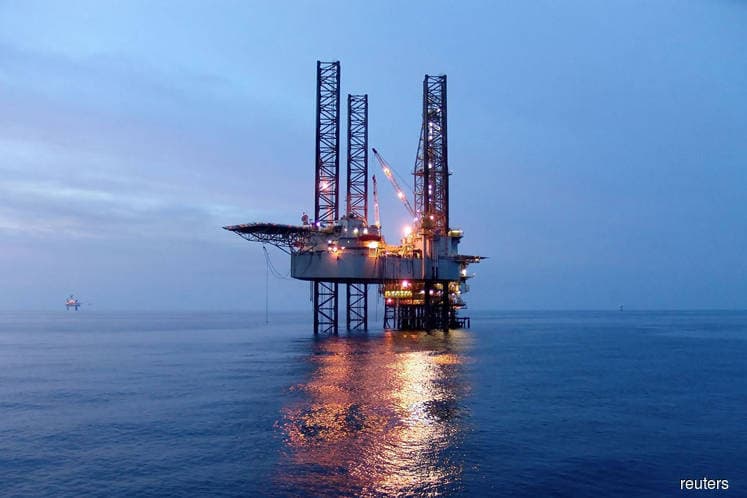
This article first appeared in The Edge Financial Daily on November 20, 2017
KUALA LUMPUR: Oil and gas (O&G) investors in the broader market have not taken lightly the news last week that the world’s largest sovereign wealth fund mulls divesting its US$35 billion (RM145.6 billion) worth of O&G stocks to reduce vulnerability towards a permanent oil price decline.
But Malaysian O&G counters were largely unaffected by the news and rightfully so, according to UOB Kay Hian analyst Kong Ho Meng.
“The Norges Bank Investment Management (NBIM) is not heavily invested here,” Kong told The Edge Financial Daily. “If they do arrive at the decision, I do not see it being material [to the local O&G counters].”
NBIM runs Norway’s US$1 trillion Government Pension Fund Global, where the nation’s O&G production revenue is largely kept. About 6% of the fund is invested in O&G equities, said NBIM in a statement last Thursday.
Share price movements in the overall sector were largely mixed last Friday, with Kong describing the news on NBIM as no bigger factor than oil price movements or year-end profit-taking.
The fund has positions in 19 Malaysian O&G counters, the largest being in Uzma Bhd, with a 3.03% stake, Bloomberg data showed. Contrary to sentiments over the news, Uzma gained four sen last Friday to close at RM1.49. Hibiscus Petroleum Bhd, where NBIM held a 2.24% stake, rose 1.5 sen to 77.5 sen.
However, by percentage, both are comparable with NBIM’s holding in big names like Royal Dutch Shell plc (2.33%) and Eni SpA (1.72%), whose shares actually got hit by the news.
Meanwhile, another O&G analyst opined that rather than affecting specific companies, the news development — NBIM has yet to arrive at a final decision — can largely implicate the overall sector.
“If NBIM, as an investor that is well versed in O&G, decides to call it quits, it may weigh on the decision-making of other funds when approaching the sector,” said AmInvestment bank analyst Alex Goh.
In a statement last Thursday, Norway’s Deputy Governor Egil Matsen emphasised that the advice “does not reflect any particular view of future movements in oil and gas prices or the profitability or sustainability of the oil and gas sector”.
However, Goh said investor sentiments can still be affected, as it gave a signal of the beginning to a large-scale transition away from the fund’s bread and butter. “I think the sentiment will impact Malaysian O&G companies as well in the short run,” he added.
UOB’s Kong disagreed. “Some funds are rather bullish towards the sector moving forward. Each institution has its own research and decision[-making] committee,” he said. “I do not think [NBIM’s] decision is in consensus with the bigger market.”
Nonetheless, both analysts have given a “neutral” view towards the Malaysian O&G sector going forward. “[The] oil price is still correcting itself,” said Goh, suggesting that investors should be aware of market fundamentals.
Kong, too, pointed to a similar approach when assessing individual companies. “There can be some upside. Investors should focus on companies with strong earnings moving forward,” he said.